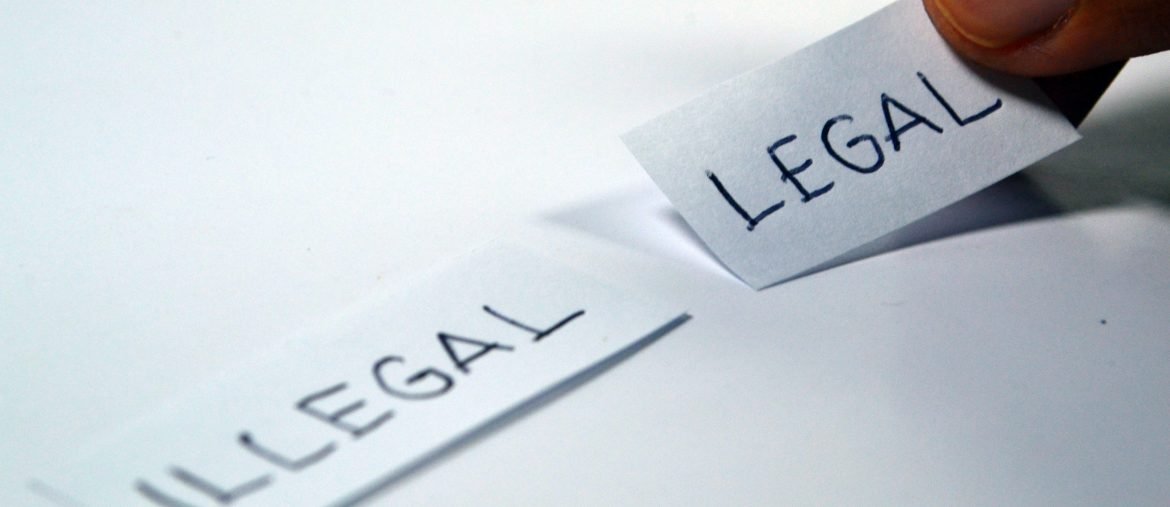Consumer Law and the Legal Guarantee of Conformity

A commercial company or independent operator who sells products and services has an obligation to provide two types of legal guarantees to the consumer: the first is a legal guarantee of conformity, governed by the French Consumer Code, the second is a legal guarantee against hidden defects governed by the French Civil Code. The seller of products and services is only liable for a commercial or contractual guarantee of conformity if such guarantee is subject to a prior agreement for services which are more extensive than those covered by the first two guarantees mentioned above and considered to be the ‘minimum’ protection.
The legal guarantee of conformity is governed by sections L. 217-4 through L. 217-14 of the French Consumer Code.
Goods delivered or services provided to the consumer must be in conformity with the contract: a seller is liable for non-conformity defects which exist at the time of delivery.
Goods are considered to be in conformity with the contract if they are deemed fit for purpose or if they present the characteristics that the parties agreed to in the contract or those the seller or its representative agreed to provide.
The consumer has two years from the delivery date to take recourse for non-conformity under the guarantee.
For goods purchased since 18 March 2016, there is a presumption that conformity defects may occur, meaning that the seller has the burden of proof that the defect did not exist at the time of sale. For goods purchased prior to 18 March 2016, this presumption only applies to the first six months following the purchase date. For the remaining 18 months of the guarantee, the burden of proof falls on the consumer.
Goods purchased since to 18 March 2016:

Goods purchased prior to 18 March 2016:

When the consumer decides to raise the issue of non-conformity under the guarantee, he can ask for the goods to be repaired or replaced. However, if the consumer’s choice leads to a manifestly disproportionate cost for the seller, the latter can opt for the second solution.
If it is impossible to replace or repair the goods, the buyer can:
• return the goods and receive a refund (except for minor defects),
• keep the goods and receive a partial refund.
The same rule applies if the seller does not respond to the request to replace or repair the goods within one month following the initial claim.